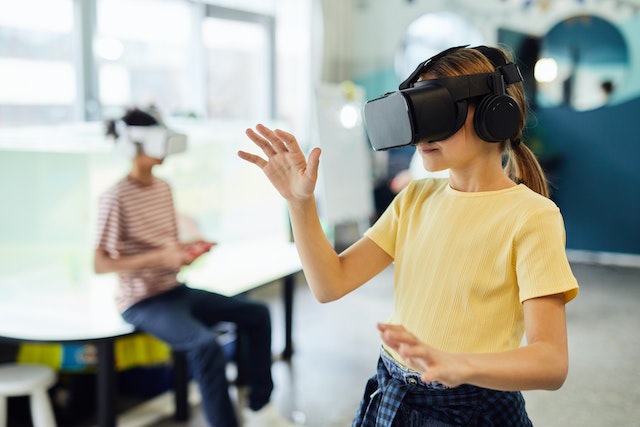You hear these statements all the time. They sound so profound, yet so simple at the same time. They are the mantras of educational reform movements and alternative promoters alike:
- Our kids need the basics.
- Schools should be training kids to excel academically.
- We need a new education model that incorporates holistic learning.
The three statements above have virtually no meaning or worth in the education debate. They are broad, confusing, and impossible to implement. No terms are defined. What are “the basics”? How can we know if kids “excel”? How do we incorporate “holistic learning”? Is it done by teachers, parents, or students themselves? Does it entail spiritual instruction?
Besides being generally vague, most of these proclamations fail to differentiate between the two largest terms used to define education: philosophy and practice. How you view education- your underlying beliefs and assumptions- is very different from how you implement those views into actual life. The one is theory and value, the other is application and practice.
In order to define education and create a complete dialog we have to carefully distinguish the models from the methods.
Models
Educational models are the philosophical foundation of any overall approaches and beliefs about learning, instruction, and content. An educational model is both narrower in subject than a common life philosophy and more general than specific methods used in instruction.
Main-stream academic writers usually only recognize 2-4 overall models of education. Depending on what you believe about education, the learner, knowledge, society, etc; you fall into the traditional or progressive education models. Some break these down by philosophy: perennialism, essentialism, progressivism, and postmodernism.
All of these models stem from your general philosophy of life, knowledge, ethics, and truth. All of them affect the educational methods you implement (at least they should).
It can be argued that there are more than four general models of education, especially among those in the alternative education camp. We might say that holistic education is a model. Homeschooling, however, is not an educational model. It is influenced by different models, but it is the application or implementation of a certain philosophical viewpoint. Homeschooling, unschooling, and even certain school “models” are actually methods.
Methods
Methods are the activities and application used to implement a model of education. They depend greatly on the circumstances, the environment, the learner, and the information.
If we believe children should learn actively and have a choice in the knowledge and materials presented to them, chances are we agree with a progressive or holistic model of education. But, how will we implement those beliefs? If someone decides that democratic free schools are the way to go, they are presenting a method of practice. Others might conclude that unschooling is the way to go.
Do you see where all this gets so confusing?
We can agree on a model- a general idea about how education should work and why, and yet totally disagree on how that should play out in a practical setting.
So, let’s go back to our original list of mantra-statements and look at what we need to define:
- Our kids need the basics.
What are the basics? Knowledge, skills, values? Who should hand these down and who decides which ones to include?
We have confusion about which model we are even talking about (probably traditional if you look at who is usually stating this), and what methods they expect to do the job.
- Schools should be training kids to excel academically.
Are we sure schools are the best method? Are academics the only focus we should have? How do we train them to excel? How do we measure this supposed success?
There is no clarity as to what methods we need to practice this very narrow model (other than it should be schools doing the training).
- We need a new education model that incorporates holistic learning.
First off, one could argue that holistic education is a new model already. When we do have this new model, how are we going to implement it? Who decides what “holistic” means? Where will this model be practiced- in the home, in schools?
Here again we have a general model with absolutely no applicable methods. We can agree upon the points of holistic learning but disagree how that should play out.
We need to be very clear about what models of education we are proposing as well as the methods we intend to use to bring them to fruition. We need to demand that so-called “experts” define themselves and their touted reforms before we start agreeing with general propositions that get us absolutely nowhere.
- The Importance of Developing a Sober Mind in Our Students - February 22, 2019
- Teaching Children At Natural Development Points - February 21, 2019
- Dealing With The Fears Of Unlimited Game and Media Time - January 20, 2019


